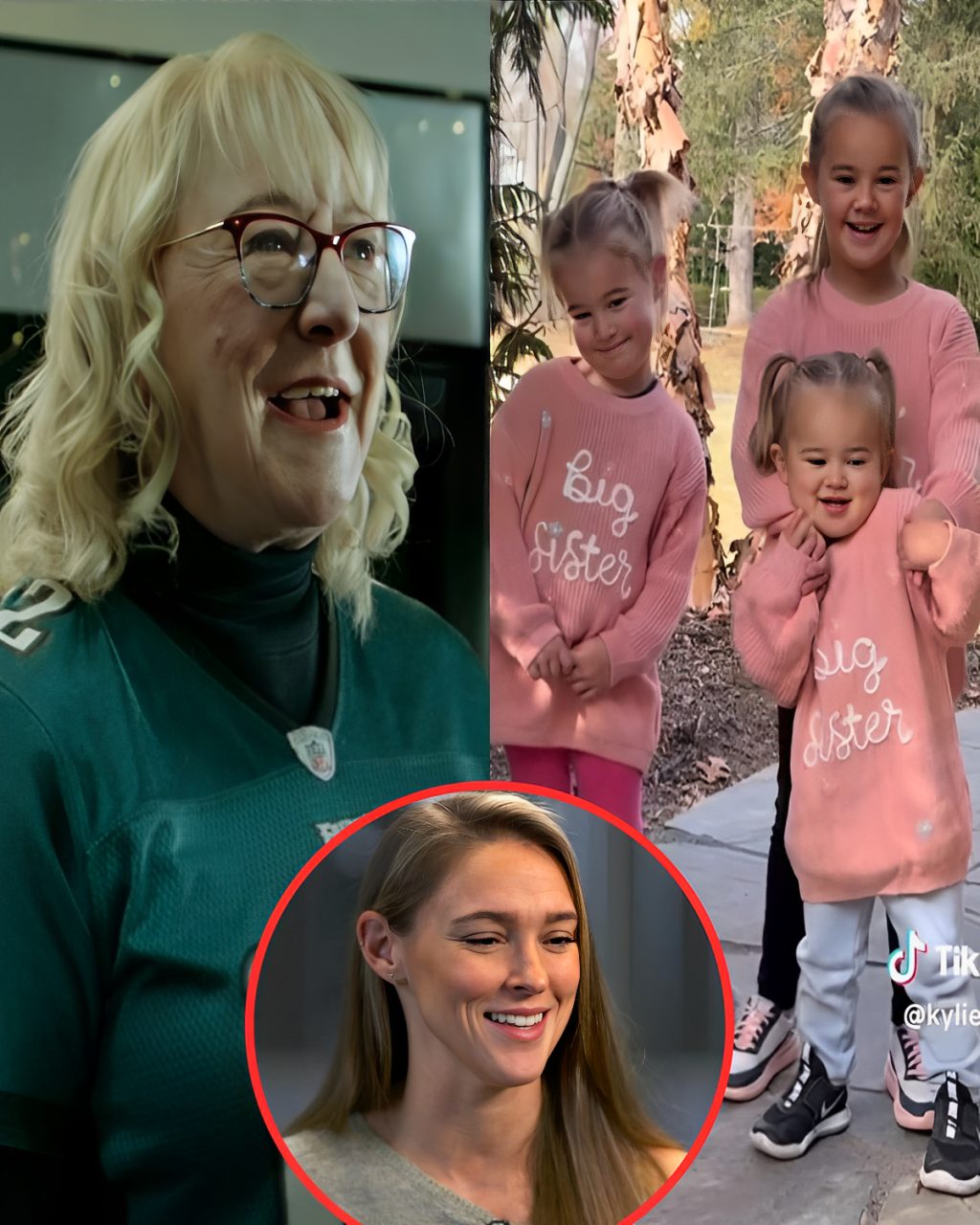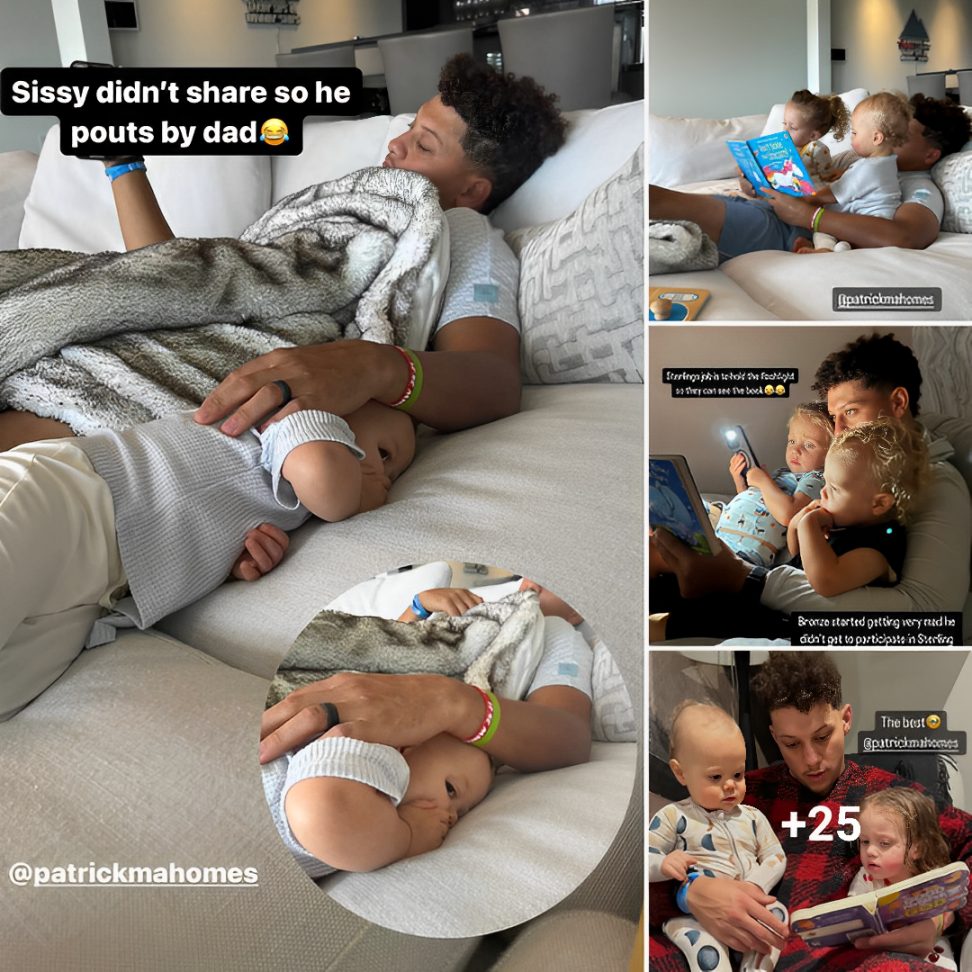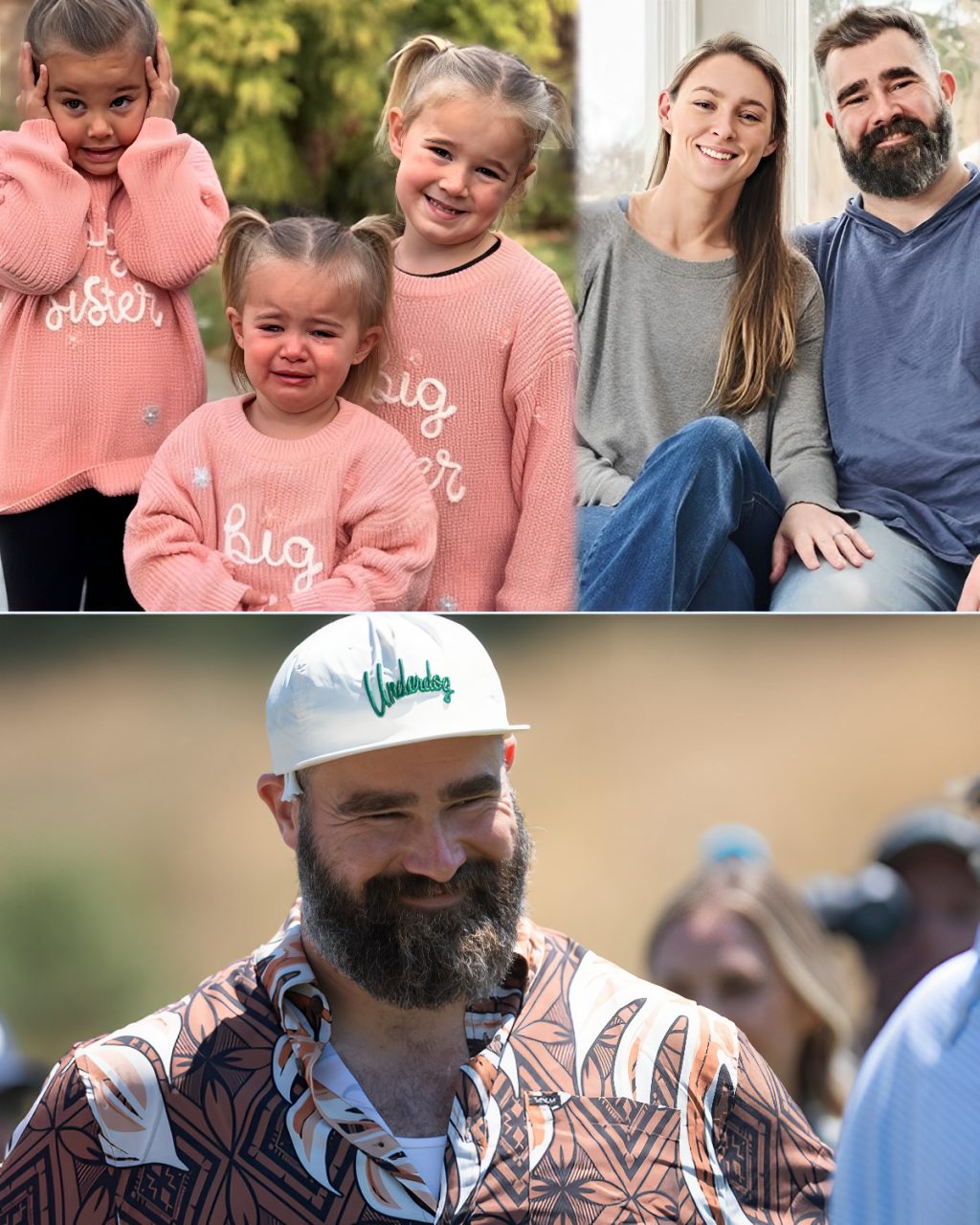The latest episode of Secrets of Miss America delves into one of the most controversial aspects of the pageant’s history: the infamous Rule No. 7 that forbade Black women from competing for the crown. In Monday’s new episode, titled “For All America,” the subject of the infamous rule from the 1948 pageant contract is discussed by several Black beauty pageant winners who contend that, despite its eventual elimination, ripples of it are still felt now.
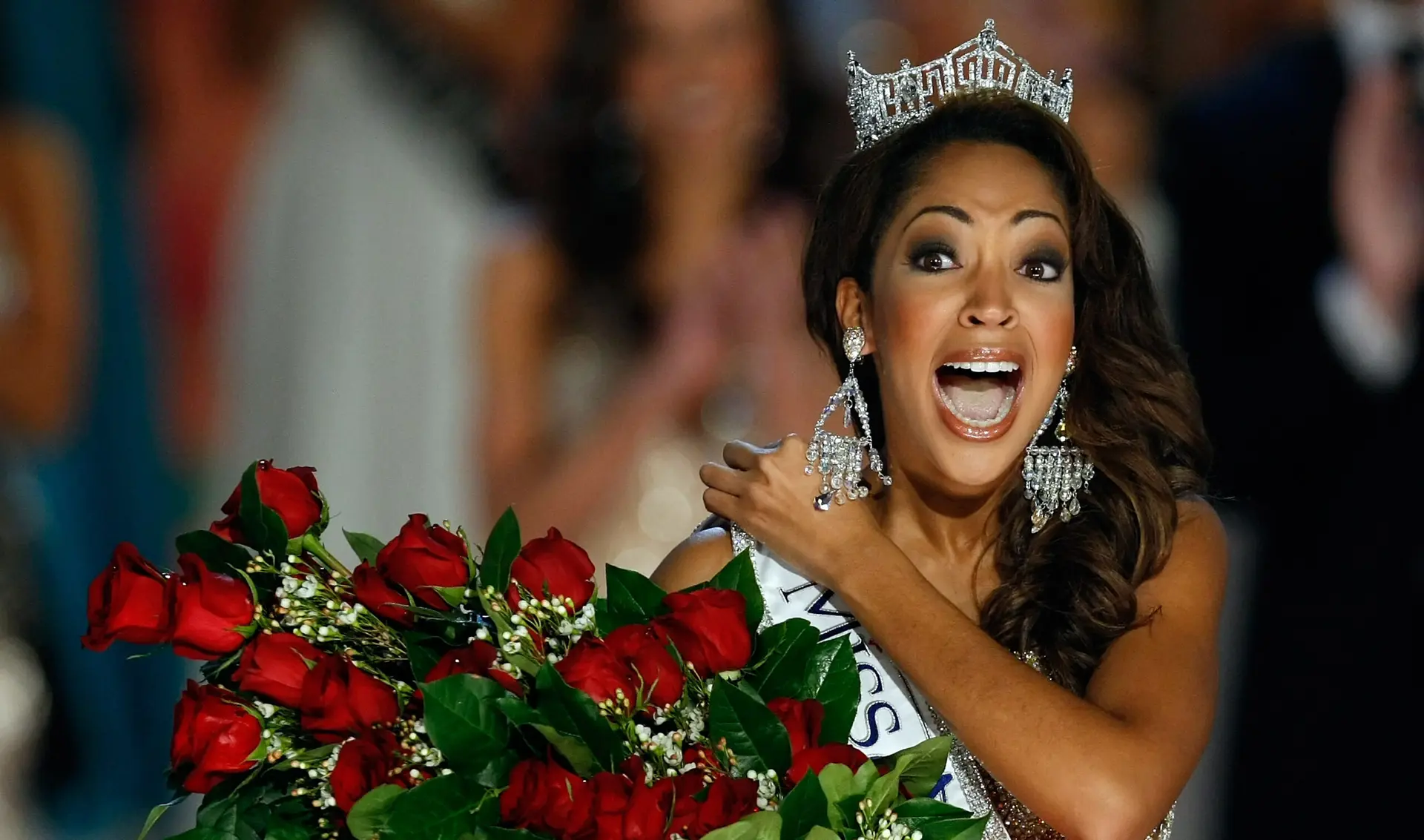
As discussed in the segment, the rule was first put into place in the 1930s by the then-Miss America Organization head Lenora Slaughter, who justified its existence by saying it’s “absolutely impossible to judge fairly the beauty” of Black and white contestants. The rule was later “phased out” in the ’50s, but the homogeneous nature of the competition continued. In 1968, the Miss Black America competition began. After that, things started to change in the Miss America Organization, with the first Black contestant, Miss Iowa Cheryl Browne, joining in 1970. But Black contestants and winners still experienced challenges due to their race.
Perhaps most famously, the very first Black winner of the Miss America pageant was Vanessa Williams, who was later pressured to relinquish her title after nude portraits of her were published.
For Nita Whitaker, Miss Louisiana 1984, the sight of Williams winning was an inspiration: “It was so big. I wept tears of joy because it was almost unbelievable. Miss America was this beautiful, intelligent woman who was Black,” she recalls in the docuseries. But when Williams was plagued by the photo scandal and dethroned, however, Whitaker felt it only reinvigorated the resistance to diversify the competition. To her, it led others to say things like, “‘See? Told you. See, they let a Black girl win. See what she did? See what happened?'”
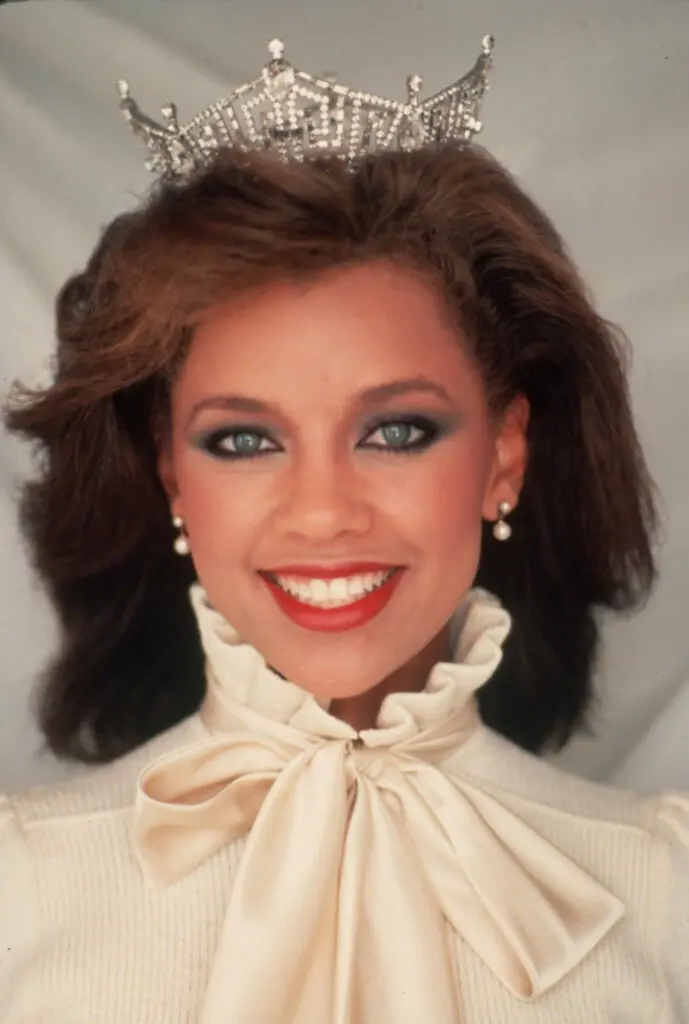
Whitaker herself reported experiencing discrimination at the local level when she won the talent portion but did not receive her crown.
“The gentleman that ran the pageant called my father and apologized to him. He said, ‘Mr. Whitaker I’m sorry’ — and he was crying when he said this to my dad — ‘Anita won that pageant, but they couldn’t give it to her because she’s Black,'” Whitaker said.
The early ’90s marked a turning point for the organization, which crowned Debbye Turner, Marjorie Vincent and Kimberly Aiken winners in rapid succession.
But Brittany Lee Lewis, a history profession and Miss Delaware 2014, however, argued that the problems still weren’t over: “The reality is, they became much more covert and underground, if you will,” she says in the docuseries.
For example, Caressa Cameron Jackson, Miss America 2010, said she was “advised to compete in D.C. or Maryland where a woman of color could compete” instead of Virginia. And similar to Whitaker, she felt she was robbed of her victory on the third try and very nearly quit the competition altogether.
“During my time competing at the local and the state level, I very much felt Rule No. 7 still existed but in a way that no one was talking about. They were allowing Black winners, but only if they were palatable. Not Black women with their natural hair. Not Black women who were super curly. I was straightening my hair and dying it blonder. I unconsciously made myself into what I perceived beauty to be because of what I had seen win,” she said.
Jackson went on to win Miss Virginia and the national competition, but even then her experience was fraught.
During her national tour, she said she was not given adequate time or resources to maintain her hair, so she had to chop it off halfway through the year in order to avoid getting into more trouble with the organization.
“I never felt uglier. It was very disheartening, and it really took a toll on my self-confidence. Just felt isolated and unheard… I didn’t want to rock the boat, and I didn’t want to mess this up for the Black women who were coming behind me,” she said.
Brent Adams, who was a key part in the ouster of former Miss America Organization CEO Sam Haskell, said that many changes have been made in recent years to make the organization more inclusive in recent years. After a pair of surveys revealed that 87% of local judges were white, the organization formed an initiative to include at least one person of color on every judging panel (including adding Caressa Jackson’s mother to Virginia’s lineup). Plus, Vanessa Williams received a public apology from the organization at the Miss America 2016 pageant.
However, according to Jackson, “This very ugly undercurrent [of Rule No. 7] still has its tentacles in the organization even to this day.”


